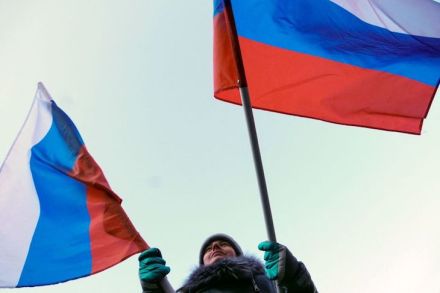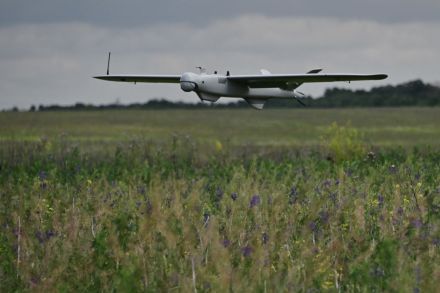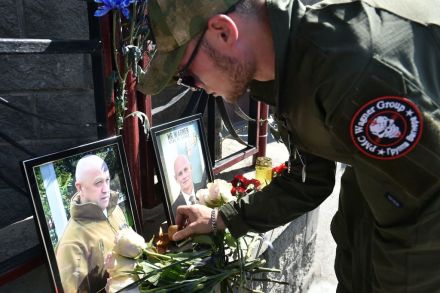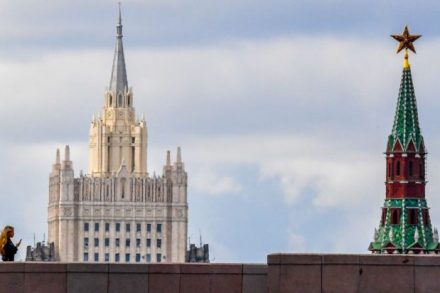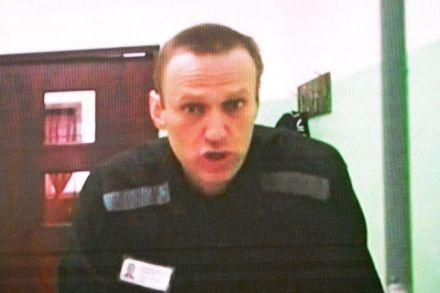How to take on Opec’s oil barons
Beyond the environment, one of the most persuasive arguments for reducing western nations’ dependence on fossil fuels is the extraordinary power that our current arrangements give to authoritarian and aggressive regimes. How many times have noble sentiments from British and allied politicians about human rights and the international order been undermined by the need to cosy up to Saudi Arabia? How much western treasure has, indirectly and despite sanctions, been poured into Vladimir Putin’s war machine? In contrast, those governments have no such gap between their economic and geopolitical positions. Ever since forming the Organisation of Petroleum Exporting Countries (Opec) in 1960, the likes of Saudi Arabia and Iran –











